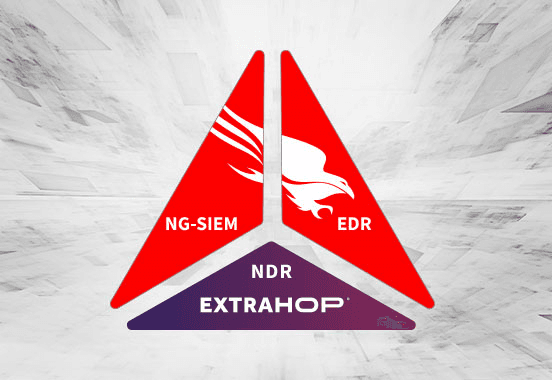Network Protocols Glossary
What is a network protocol? Protocols are the rules of the road for how data exists and moves on the network. They allow many different systems and computers to communicate.
Doman Name System (DNS) Protocol
What is Doman Name System (DNS) Protocol?
DNS (Domain Name System) is a network protocol that translates human-readable domain names (like extrahop.com) into machine-readable IP addresses (like 142.250.184.147). This translation is essential for the internet to function, as computers communicate using IP addresses, not domain names.
What is the purpose of DNS Protocol
Client Query: When a user types a domain name into a web browser, the browser sends a DNS query to a local DNS resolver.
Recursive Query: The local DNS resolver, if unable to resolve the query itself, sends a recursive query to a root DNS server.
Root DNS Server: The root DNS server provides a list of authoritative DNS servers for the requested domain.
Authoritative DNS Server: The client's DNS resolver queries the authoritative DNS server for the domain.
IP Address Response: The authoritative DNS server responds with the IP address associated with the domain name.
Client Access: The client's browser uses the IP address to connect to the web server and retrieve the requested content.






